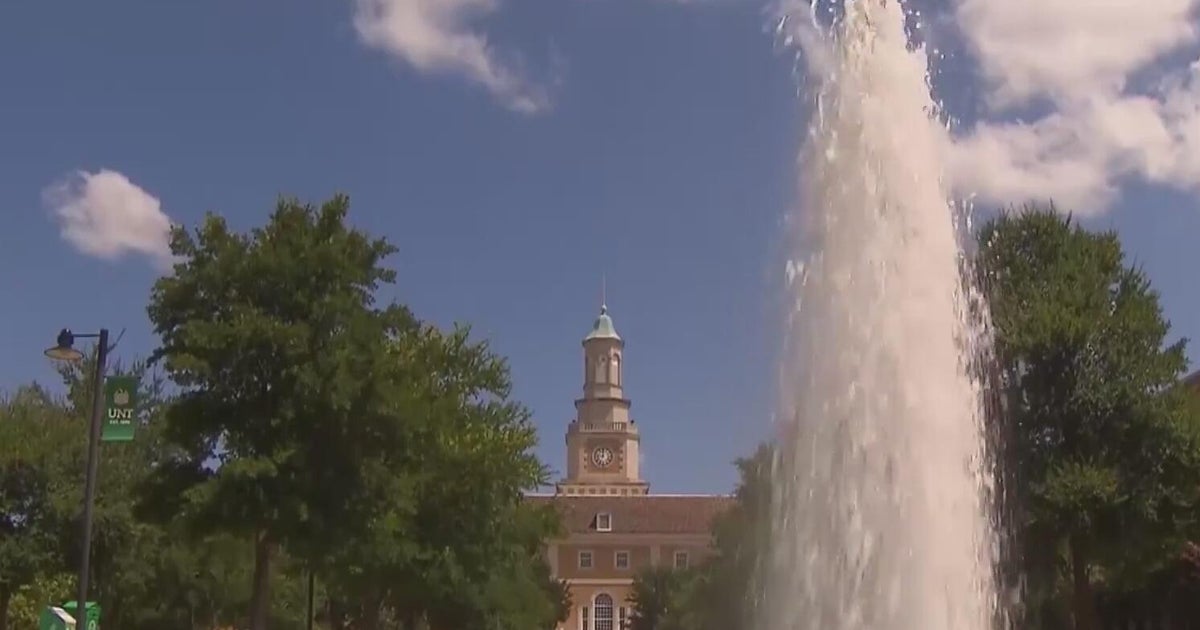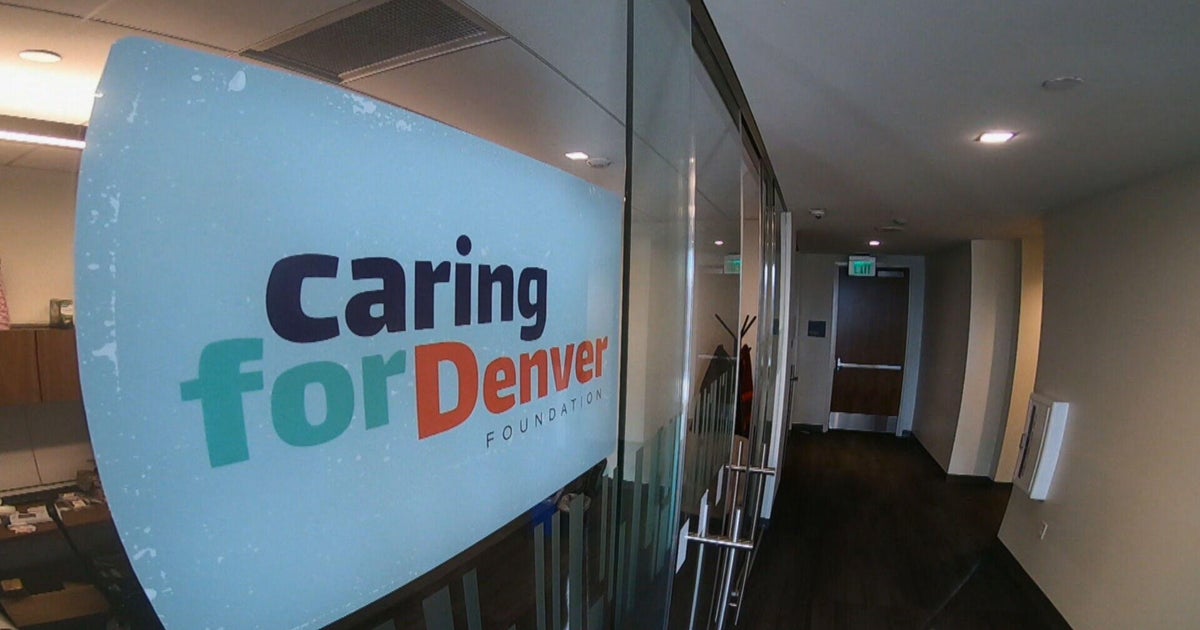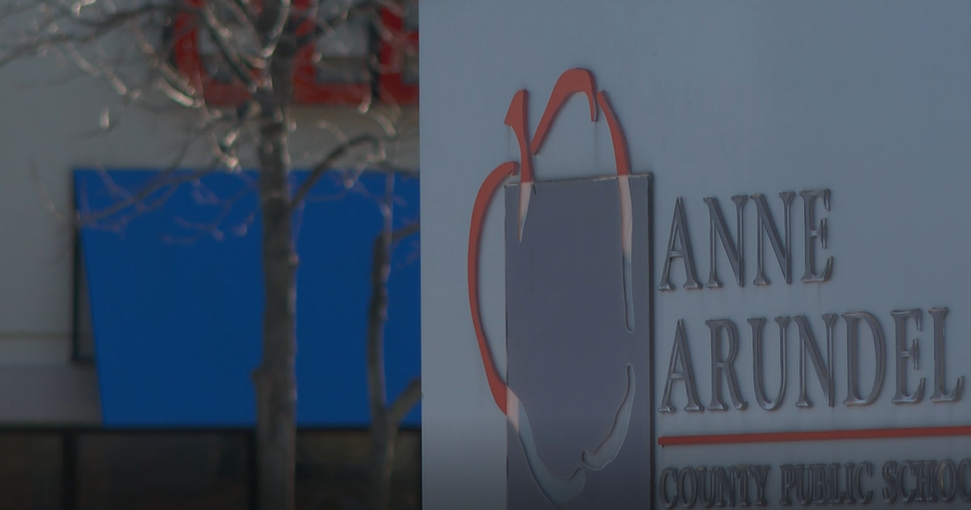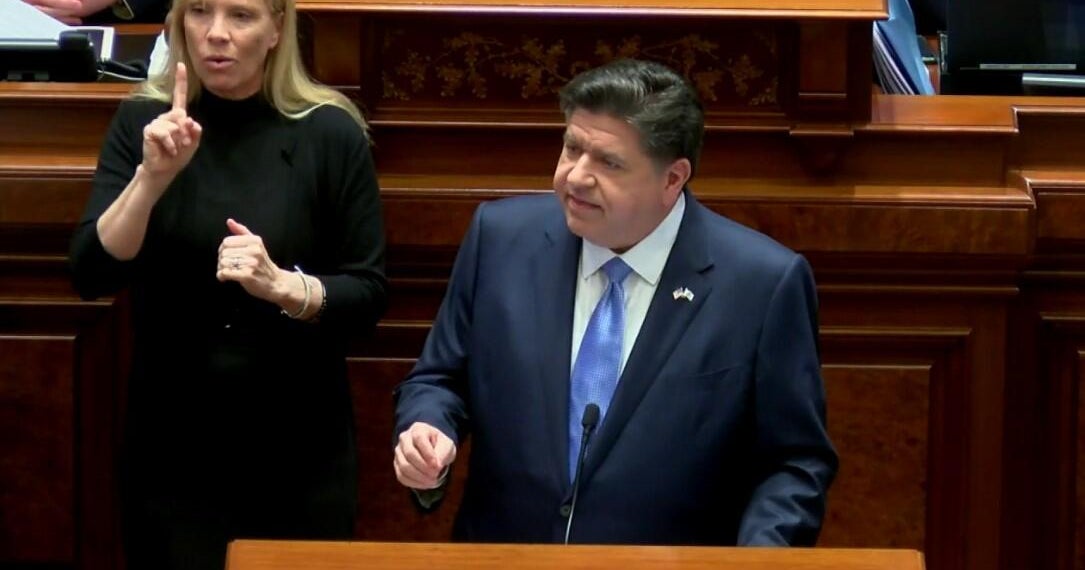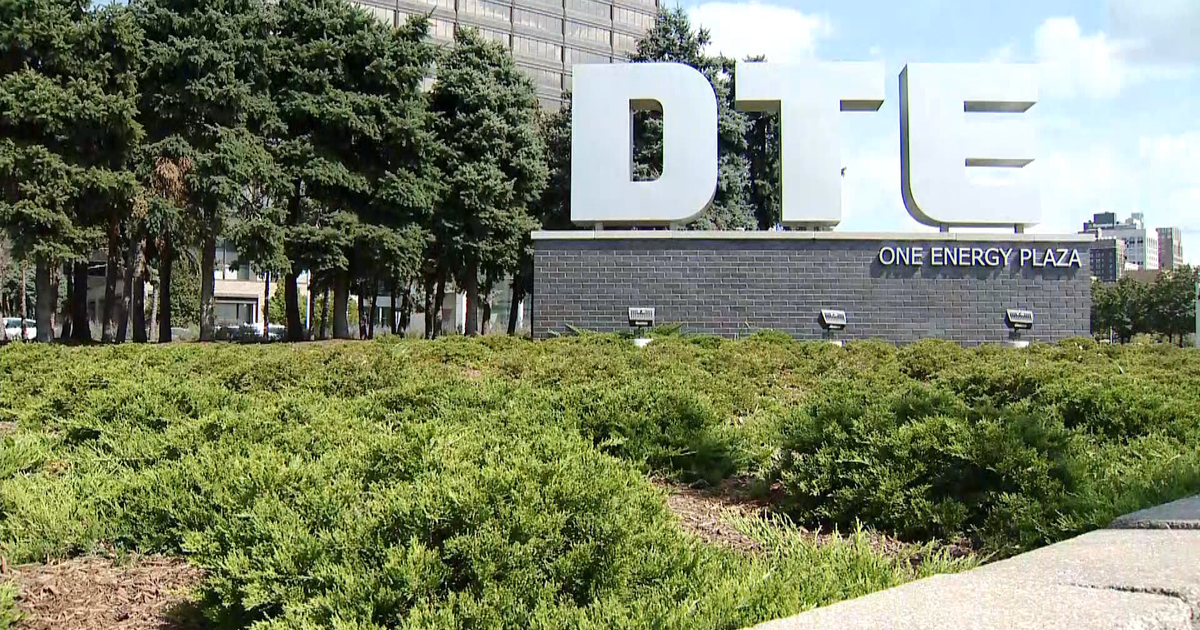With More To Spend, Colorado Begins Budget Process
DENVER (AP) - Colorado public schools and colleges are set to get more money in next year's budget, and state employees will get their first pay raise in years, as lawmakers prepare to vote on the state's spending plan.
The Senate kicks off debate on the budget Wednesday with more money to spend than what the state has seen in previous years, driven in part by tax revenue from stock sales, economists have said.
Funding per student in public schools is expected to increase next year, although it's not yet known by how much, and colleges are getting nearly $30 million more added to their general fund budget of about $658.4 million.
Schools and colleges are areas of the budget that have suffered deep cuts in recent years. However, lawmakers say they still haven't made up all the lost funding, and note that public schools are about $1 billion under the budget level they should be at under constitutional mandates.
Next year's budget also includes funding to increase services for those with developmental disabilities, the first pay raise in five year for state employees, and about $27 million to strengthen the state's mental health system. That's about $9 million more than what Democratic Gov. John Hickenlooper had requested to expand mental health services, one of the responses to the mass shooting at an Aurora movie theater. Attorneys for the suspect have said he is mentally ill.
General fund expenditures, which lawmakers control, are expected to be about $8.2 billion next year, compared to $7.6 billion in the current budget year. The state's total budget, which includes federal money and cash funds, is about $20.5 billion.
"This is a budget where we're seeing tax revenues return to the state," said Democratic Sen. Pat Steadman, who heads the budget-writing Joint Budget Committee. Although the revenue is not what it used to be, Steadman added, "We're turning a corner."
"We're starting to restore some of the budget cuts," he continued. "At the same time, we're also making really key investments in mental health, child welfare, veteran services, senior services, developmental disabilities services. We're doing a lot in this budget to help the vulnerable populations."
The biggest areas of general fund spending continue to be K-12 schools, at about $3.1 billion, and the department of Health Care Policy and Financing, which administers Medicaid, at nearly $2.1 billion.
The previous two years have seen unprecedented support for the budget from both parties. With Democrats controlling the Senate and Republicans in charge of the House, both parties were forced to find more common ground. This year, with Democrats controlling both chambers, there may not be the same level of support.
"I think there's going to be a lot of pushback," said Republican Sen. Kent Lambert, a member of the budget-writing Joint Budget Committee.
This year, lawmakers have gone through a heated debate over new restrictions on firearms in response to last year's mass shootings in Connecticut and Colorado, and Democrats passed limits on ammunition magazines and expanded background checks. That's still fresh in Republicans' minds, and Lambert accused Democrats of pushing an "extreme liberal agenda" with "little or no consideration for a lot of the popular opinion of our constituents."
The House will consider the budget after the Senate.
- By Ivan Moreno, AP Writer
(© Copyright 2013 The Associated Press. All Rights Reserved. This material may not be published, broadcast, rewritten or redistributed.)
